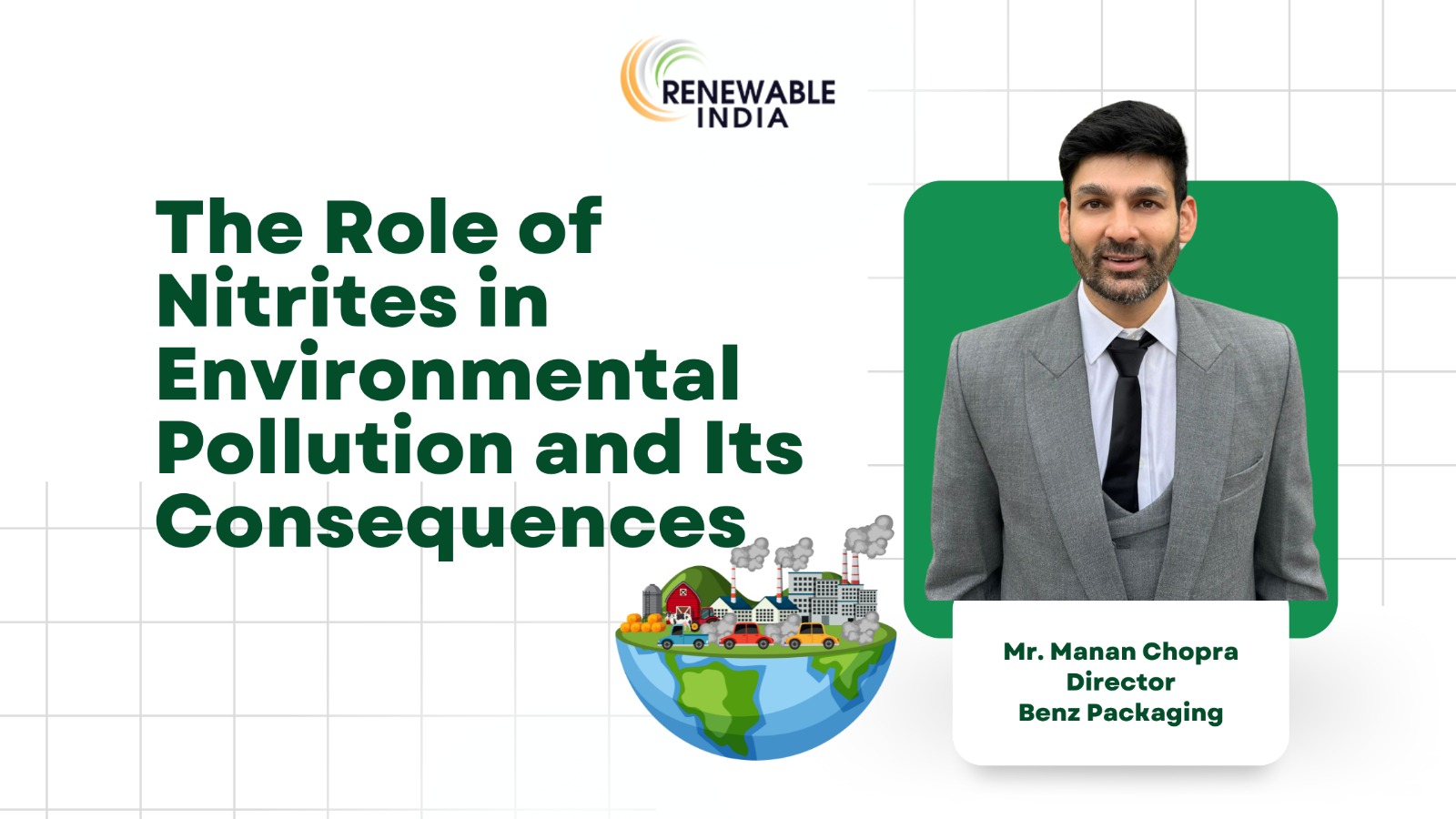
In the realm of packaging, ensuring the safe transport and storage of products is paramount. One common method used is Volatile Corrosion Inhibitors (VCI), chemicals designed to protect metal surfaces from corrosion during shipment and storage. However, there’s a lesser-known concern within this protective realm—nitrites, particularly nitrites, which can have detrimental effects on sensitive materials.
Volatile Corrosion Inhibitors (VCIs) release vapors to prevent corrosion on metal surfaces by forming a thin protective layer. This layer blocks moisture and contaminants that could cause rust and other forms of corrosion, making VCIs invaluable in industries like automotive, where protecting metal components during transportation and storage is critical.
While VCIs are generally effective and widely used, certain formulations contain nitrites, which pose risks. These include sensitive materials such as rubber seals, gaskets, and various plastic components, all of which can react adversely to nitrites. Nitrites accelerate the breakdown of certain plastics and elastomers, compromising their integrity over time.
1. Accelerated Degradation: Nitrites can speed up the aging process of materials used in packaging. This can lead to premature deterioration of seals and gaskets, reducing their lifespan and potentially causing leaks or failures.
2. Compatibility Issues: Packaging often comprises a mix of metal components, rubber seals, and plastics. Nitrites not only degrade rubber and plastic but can also react with certain metals, altering their surface properties and potentially compromising their performance.
3. Environmental Concerns: Nitrites also have environmental impacts. While the amount released from VCIs is typically controlled, their presence in packaging materials raises sustainability concerns, especially given stricter regulations around chemical emissions and waste.
In response to these concerns, manufacturers and suppliers are increasingly focusing on nitrite-free VCI formulations. These alternatives offer effective corrosion protection without the harmful side effects associated with nitrites. By opting for nitrite-free VCIs, industries can ensure the longevity and reliability as showcased by BENZ Packaging materials while meeting environmental and regulatory standards.
Understanding the role of chemicals like nitrites in VCIs is crucial as we seek to develop safer and more sustainable packaging solutions for sensitive materials. While VCIs are indispensable for preventing corrosion, the presence of nitrites, can inadvertently lead to material degradation and environmental concerns. Choosing nitrite-free VCI formulations is not just a preference but a necessity in safeguarding the integrity of BENZ Packaging materials and ensuring they arrive at their destination intact and ready for use.
In conclusion, the move towards safer and more sustainable packaging solutions is essential for protecting both products and the environment alike.
Leave a Reply